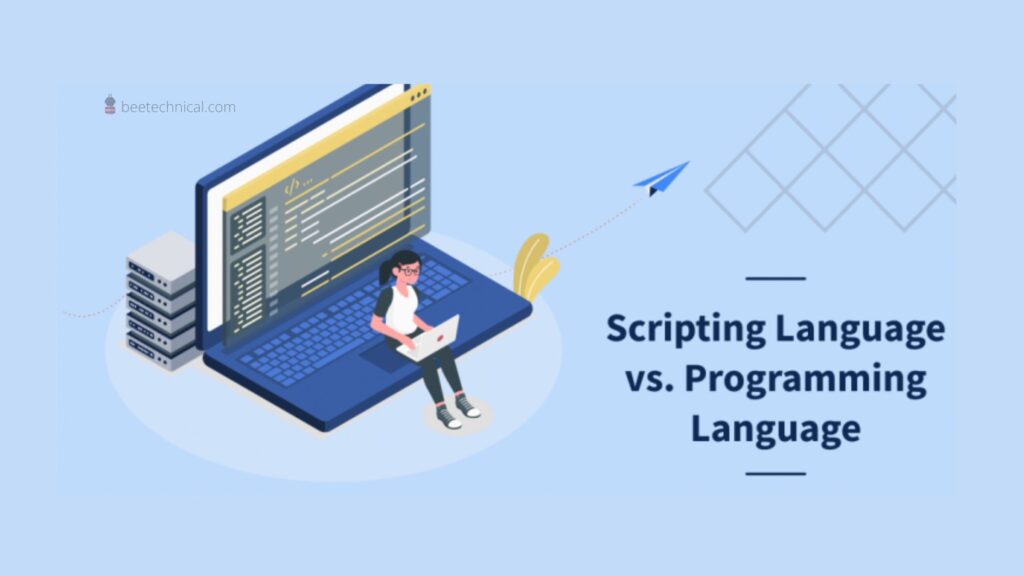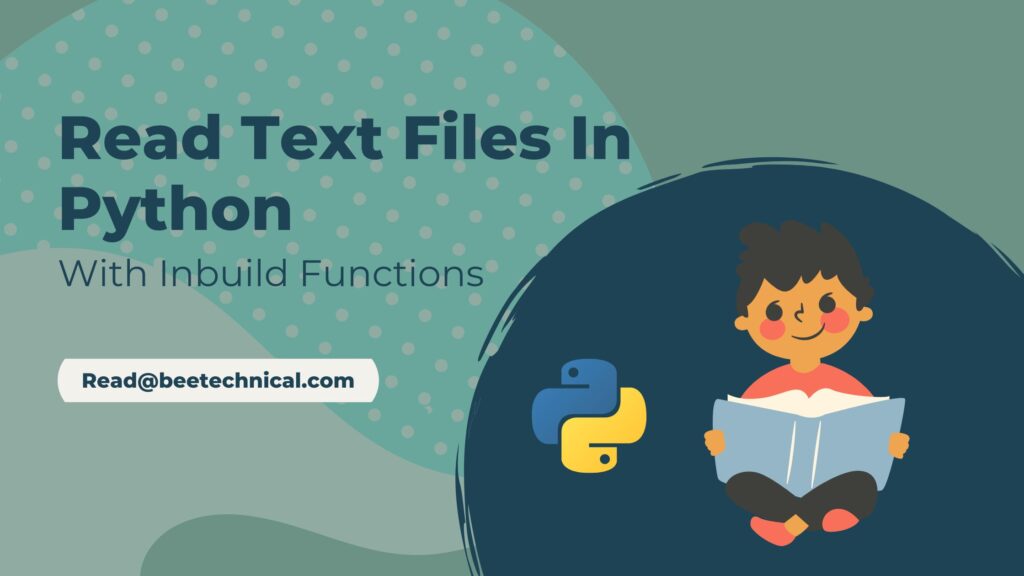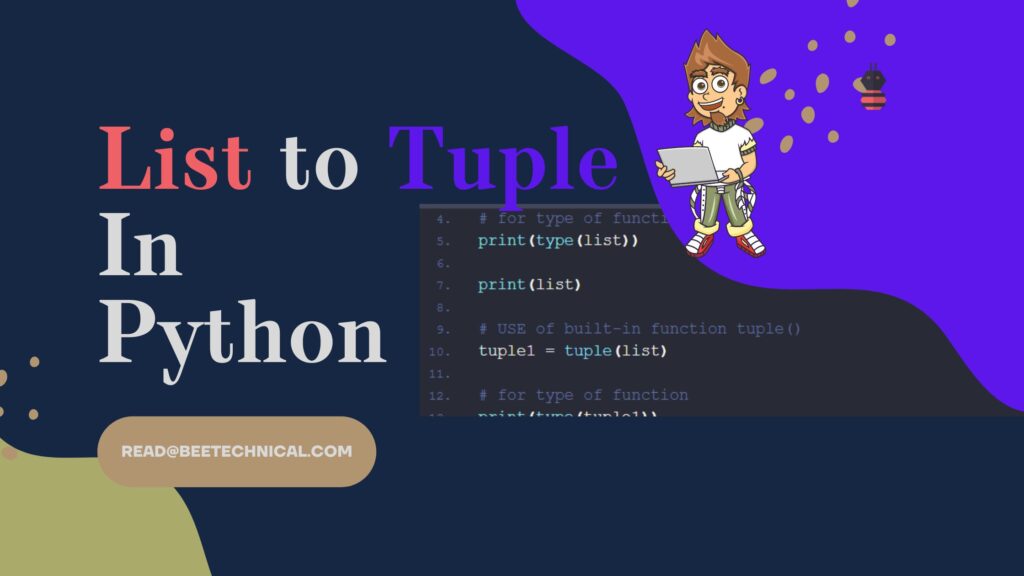Are you looking to know which framework is better for developing websites, Flask vs Django? If the answer is yes, then you’re in the right spot. Continue to read for more information and make a good choice for your company.
The choice of a web framework is the same as choosing the language you will use to program. A good choice can help get your website up and running quickly with a low cost for web development and grow more easily as you add more users. A wrong framework could create a frustrating experience that can result in high costs.

Python is among today’s most popular programming languages. This article will examine two of the more famous frameworks Python Flask vs Django. From simple to complex websites, they can do everything. Of the many popular options, Flask vs Django is the most discussed because both are alike in some ways but different in many ways!
What is Flask?
Flask is a no-cost lightweight, open-source, and lightweight web framework with a built-in Python programming language. It can be used to create large-scale web applications. It does not rely on libraries from outside sources but comes with extensions like the open-source authentication system, form validations, object-relational maps, uploading tools, and other tools.

For those new to the field, you will be able to master Flask because it is simple syntax and code to transform ideas into functional applications. Flask has been built upon the WSGI tools and the Jinja2 template engine.
What is Django?
Django, also known as”Fussbudget” as a framework and deadlines, is a web-based application that manages various standard functions to build secure and stable websites. Django is free and open-source. It is very helpful with active help from community members, as well as lots of documentation. With Django, you can get most items out of the box as a single application.

Django has a wide range of integrated solutions ready to be used by developers immediately. This is why the framework is seen as an enterprise solution ideal for large companies requiring high traffic.
Flask vs Django a Detailed Comparison table
| Django | Flask |
| Full-stack web-based framework that is based on the battery-included method. | A lightweight frame with a minimalistic design. |
| Developers have access to the most popular tools that speed up development. | Developers are able to explore and maintain control over the heart part of the app. |
| Django has a built-in admin framework that is easily modified to suit your needs. | Flask isn’t equipped with features to help with administrative tasks. |
| It has an integrated template engine that can save a significant amount of development time. | The Flask template engine Jinja2 is inspired by Django’s template engine. |
| It permits users to split one project into several smaller applications, making it easy to create and maintain. | Each project is one application, however, views and models from multiple sources can be included in the same application. |
| The Django-admin tool has an inbuilt bootstrapping tool in which web developers can create applications with no external input. | Administration features aren’t so prominent as they were the features in Django. |
| A Built-in ORM system allows developers to utilize any database and complete the most common DB tasks without writing lengthy queries. | With Flask developers are required to deal with various databases by making use of ORM tools that work with Python or SQLAlchemy in conjunction with SQLAlchemy the SQL toolkit. SQL queries need to be designed for everyday tasks. |
| It can be used in production. | Although some claim that, Flask is single-threaded and could not function well under high load. |
| Django is thought to be more popular due to the fact that it comes with a variety of standard features and speeds up the process to create complex applications. | Flask is an excellent starting point when you’re starting your journey into web development. There are a lot of websites that run on the flask platform and receive significant traffic, but not so much as one’s built-in Django. |
| Django is not a good choice for projects in which requirements fluctuate constantly. | Flask is a simple application that can later be modified to include more functions and even makes it more complicated. Flask allows for flexibility to grow the app quickly. |
| Developers are not able to afford as much flexibility as provided by Django. | Developers are allowed to use any library or plugin and develop functionalities that are flexible. |
| Django is ideal for larger projects that require lots of functionality. For less complex projects, Django’s features may be too much. | Flask is a basic impolite framework that does not decide how your app should appear. the developers decide. |
| Django is suitable for larger projects that require lots of functions. For less complex projects, Django’s features could be too much. | Simple apps can be developed quickly and do not need a lot of programming. |
| The Django framework makes sure that developers follow the best practices since everything follows an outline. | Flask is more flexible and developers might or may not be following the most effective guidelines. |
| To perform the same function Django requires two many more code lines than Flask. | Flask requires a lot smaller code lines to accomplish an easy task. |
Conclusion
We have finally arrived at a crossroads. Which of the two is superior? Django and Flask One is an open-source framework that allows rapid development, while the second is a lighter-end framework that can be used to provide standard functions.
After reading and comprehending the detailed information on both web frameworks, one can conclude that both are functional. This means there has to be a reason why both are among the top Python-based frameworks for web-based development.
Flask gives total control and is appropriate for small-scale projects that require the need for experimentation. Django is complex and requires a lot of knowledge, but it is one of the top frameworks for creating sophisticated applications.
It is possible to start your education on frameworks using Flask. However, you can advance your knowledge in complicated tools and development with Django. Both are essential capabilities for every web developer.
Basic knowledge of Python Flask and Django can help you get ahead of other applicants when applying for jobs. So, pick whatever you’d like to do, but be able to master it easily since they are in high demand and are essential for web design.








